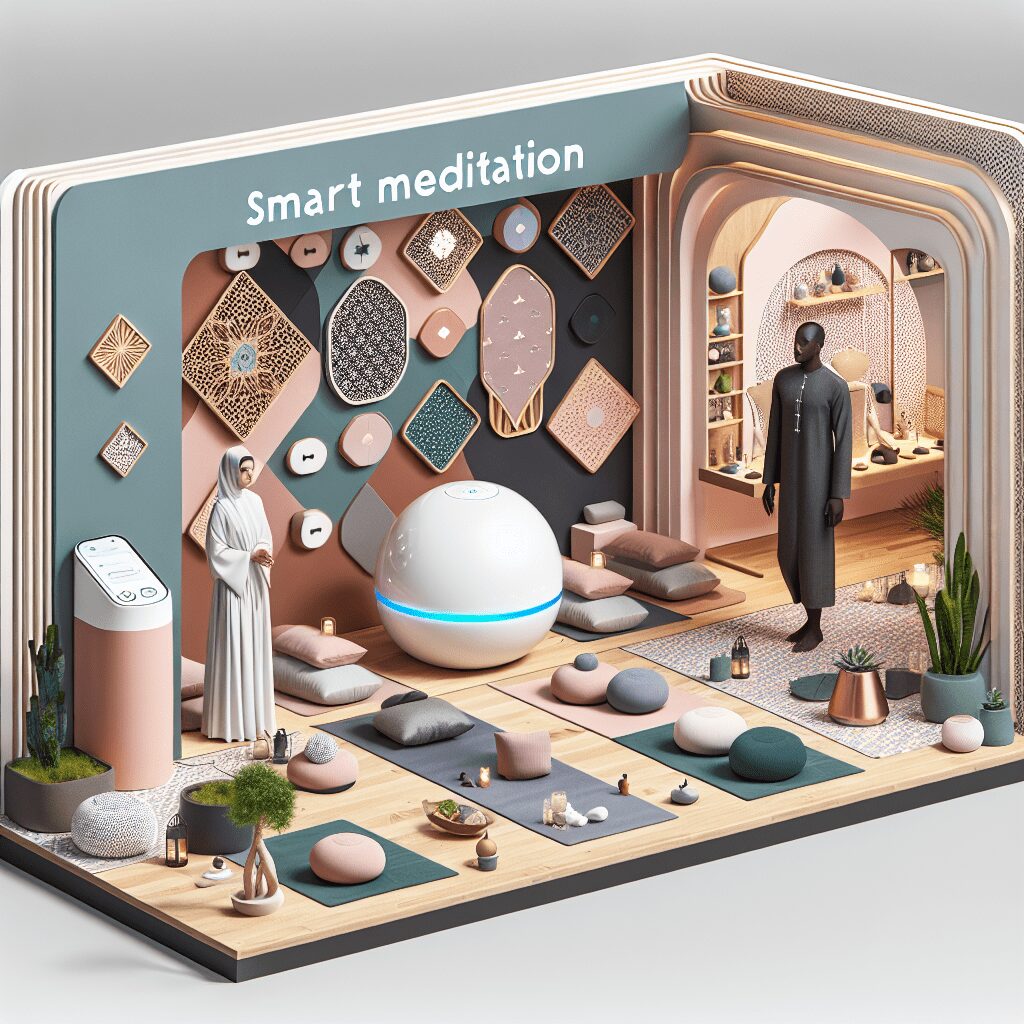
Prioritize your mental well-being daily. Enhance your life by nurturing your mental health with the Smart Meditation app. Break free from stress, alleviate anxiety, and enhance your sleep quality starting today.
Does Meditation Really Help You Control Your Emotions?
Unraveling the Mystique of Meditation: A Deep Dive into Emotional Mastery
In the whirlwind of modern life, where the buzz of smartphones and the endless to-dos can make even the calmest person’s head spin, there’s been a growing chorus singing the praises of an ancient practice: meditation. Once the preserve of monks and the spiritually attuned, meditation has now firmly planted its roots in the mainstream. But beyond its trendy facade, does it hold the key to mastering our emotions?
The Science Behind Meditation: More than Just Omm and Ahh
Let’s get down to brass tacks. When people say meditation, they often think it’s all about sitting cross-legged and trying to think about nothing for hours on end. But that’s just scratching the surface. There’s a whole world of meditation practices out there, from mindfulness to transcendental meditation, each with its unique approach to calming the mind and fostering emotional stability.
Research has had a field day with meditation, and what it’s found is pretty compelling. Regular meditation practice can rewire the brain. Yeah, you read that right. Studies have shown that meditation can increase the density of the prefrontal cortex – the part of the brain responsible for higher-order brain functions like awareness, concentration, and decision-making. Meanwhile, it turns down the volume on the amygdala, the brain’s fight or flight hub, responsible for many of our stress reactions. In layman’s terms, meditation can help shift your brain from “panic mode” to “cool as a cucumber.”
Practical Tips for Incorporating Meditation into Your Daily Grind
So, how do you go from zero to zen? Here are a couple of tips to get you started on your meditation journey:
- Start Small: Rome wasn’t built in a day, and neither is a meditation practice. Begin with just a few minutes a day, and gradually increase the time as you get more comfortable.
- Make It a Routine: Consistency is key. Try to meditate at the same time each day to make it a habit. Whether it’s first thing in the morning or right before bed, find a time that works for you and stick to it.
- Find Your Style: There’s no one-size-fits-all approach to meditation. Experiment with different types until you find one that feels right for you. Guided meditations can be a great place to start if you’re not sure how to go about it.
- Create a Zen Zone: Set up a dedicated space for your practice. It doesn’t have to be anything fancy – just a quiet, comfortable spot where you won’t be disturbed.
- Be Patient: Like mastering any new skill, meditation takes time and practice. Don’t get discouraged if you don’t see immediate results. The key is to keep at it.
Now, let’s tackle the elephant in the room: Will meditation make you emotionless? Far from it. Meditation isn’t about suppressing your emotions – it’s about understanding them better. Instead of being at the mercy of your feelings, you learn to observe them without judgment. With time, this can help you respond to life’s ups and downs with more grace and less drama.
So, does meditation really help you control your emotions? It seems the answer is a resounding yes. By training your brain to be less reactive and more reflective, meditation gives you the tools to navigate the emotional rollercoaster of life with a bit more ease. Whether you’re looking to reduce stress, improve your mood, or just find a moment of peace in a chaotic day, meditation might just be the lifeline you’ve been searching for. Why not give it a whirl and see for yourself?





